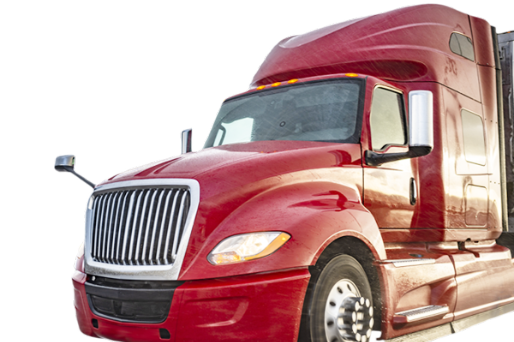Easy Mileage Tracking
Never miss a mile – effortlessly track your mileage as you drive.
Learn how 1-800Accountant can help you navigate the complexities of truck driver taxes, from form 2290 to owner operator tax deductions.
Commercial trucking is a challenging profession, and it can be easy to lose your way if you don’t have the right information. Accounting and tax services for commercial truckers can be just as complex without the right firm providing the accurate insights and data you need to minimize your tax burden. That’s where 1-800Accountant comes in.
Our expert CPAs will identify pertinent deductions, advise you on the heavy highway use tax, help you track mileage, and other business expenses and much more.

Never miss a mile – effortlessly track your mileage as you drive.
Deduct meals, maintenance, and more, while keeping accurate records in our easy-to-use portal.
We identify and file forms pertinent to your trucking business, including Schedule C, Form 1065, Form 1120-S, and Schedule K-1.


Maintaining the drive to efficiently manage all aspects of your trucking business can be challenging. That’s why 1-800Accountant offers accounting services to truckers like you. Our services are affordable and stress-free while providing powerful insights that keep you rolling.
Don’t pay more than you have to in trucking taxes. We do your taxes for you by finding every deduction you’re entitled to and ensuring your trucking business is structurally optimized.
A common tax you’ll pay as a trucker is the Heavy Vehicle Use Tax. You’ll use the 2290 truck tax form to file and pay this tax.
The heavy vehicle use tax has a filing season from July 1 through June 30. If you used your truck during any of these months, you’d have until the end of the following month to file and make your payment.
We match you with an expert trucking tax advisor to help keep your business moving in the right direction.
Truck drivers are eligible for several deductions related to their industry and job duties.
Common truck driver tax deductions:
To calculate tax on your rental income, you add up all the rent that you’ve received, plus any property-related costs, and subtract the expenses from your gross income.
Section 179 typically applies to cars, SUVs, and trucks used for business purposes at least 50% of the time.
How much owner operators have to pay in taxes depends on how their business is structured and ranges from 10% up to 37%.

Get the most out of your trucking business by working with the professionals at 1-800Accountant. All it takes is a quick call to get rolling!
for tax tips, insights, and more, curated to help your business grow.